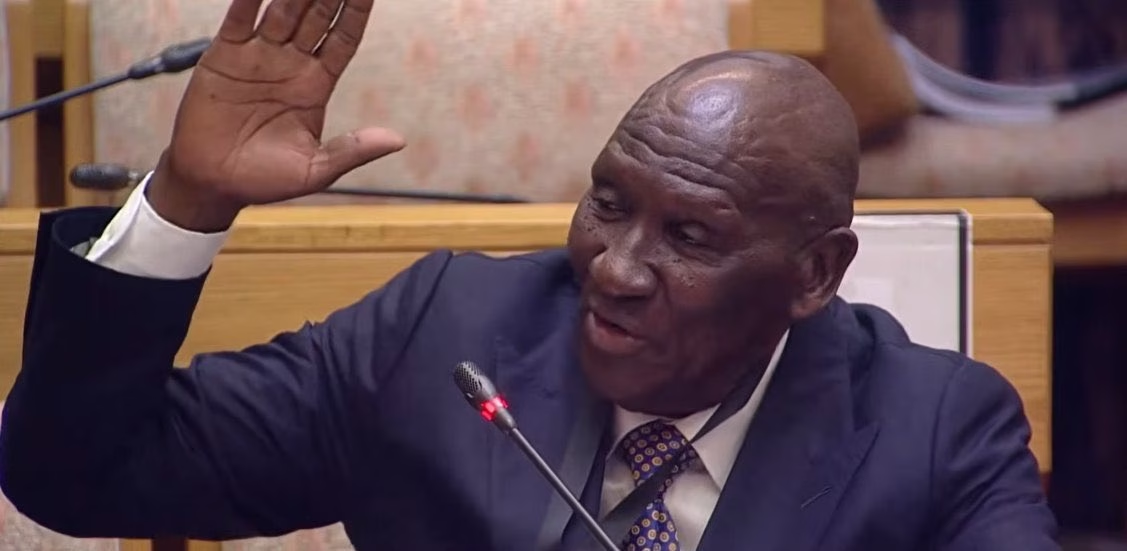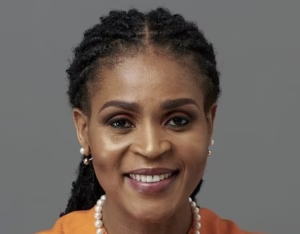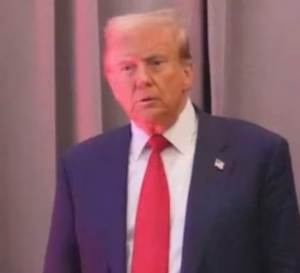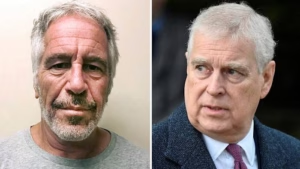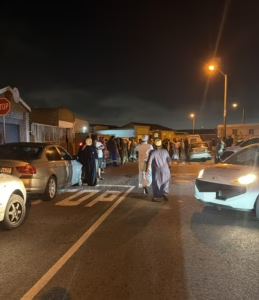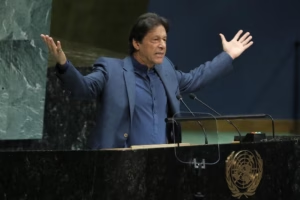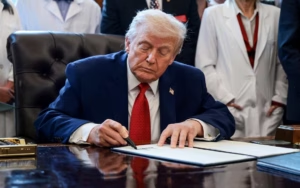Former Police Minister Bheki Cele has thrown his weight behind KwaZulu-Natal police commissioner Lieutenant General Nhlanhla Mkhwanazi’s allegations of systemic corruption within the South African Police Service. Appearing before Parliament’s Ad Hoc Committee investigating political interference in police operations, Cele painted a troubling picture of a justice system plagued by rot, extending far beyond the ranks of the police.
Speaking candidly before the committee, Cele confirmed that the challenge of corruption was not confined to the police alone. He said the problem stretched to prosecutors and even to the country’s prison system, where accountability remains elusive. Cele’s statement echoed mounting concerns about ethical decay within institutions tasked with upholding law and order.
Cele also used the opportunity to criticise former KwaZulu-Natal Premier Senzo Mchunu for dissolving the Political Killings Task Team without consultation with National Police Commissioner General Fannie Masemola. The decision, Cele suggested, had undermined national coordination in addressing politically motivated murders in the province.
In a moment of frank reflection, Cele said:
“I don’t want to be unfair to Mchunu — that’s how I see things. Sometimes ministers and commissioners don’t consult properly, and that confuses.”
He elaborated further, warning against unilateral decision-making in matters of national security.
“You can’t simply instruct national commissioners without dialogue. We can sit down, put ideas on the table, and see how to move forward. The manner in which the disbandment happened wasn’t coordinated at all.”
Cele described a tense environment within the KwaZulu-Natal police force, particularly in cases involving political killings. Recounting a personal experience, he spoke of a funeral for a victim named Judah where emotions were running high.
“At the funeral of a victim named Judah in KZN, there was a furious atmosphere. People were demanding that the police fix the root of the problem. Instead of acting operationally, the police went to the National Commissioner,”
he said.
He went on to describe a leadership dynamic that was strained and ineffective.
“The National Commissioner said, ‘This is my approach, so you must follow it.’ But then, the relationship between the National Commissioner and other officials was fraught. It wasn’t warm, which hampered cooperation.”
Cele emphasised that poor relationships between senior officials had a direct impact on the police’s ability to deliver justice. While acknowledging that friendships were unnecessary in professional settings, he warned that lack of trust and collaboration between key leaders could paralyse operations.
“You don’t have to be friends, but must work together professionally. When there’s a breakdown, it leads to distrust and poor performance. That cooperation is what will help us next time.”
The Ad Hoc Committee’s inquiry into political interference in the police continues to unravel the complexities of leadership within the SAPS. Lawmakers are expected to probe further into the roles played by national and provincial leaders in the management of political killings and corruption allegations.
As the hearings progress, Cele’s testimony has reignited debate about the need for structural reform and stronger oversight within the country’s security cluster. For many South Africans, the revelations underscore a deep-seated issue — the corrosion of trust in the very institutions meant to safeguard justice and public safety.

